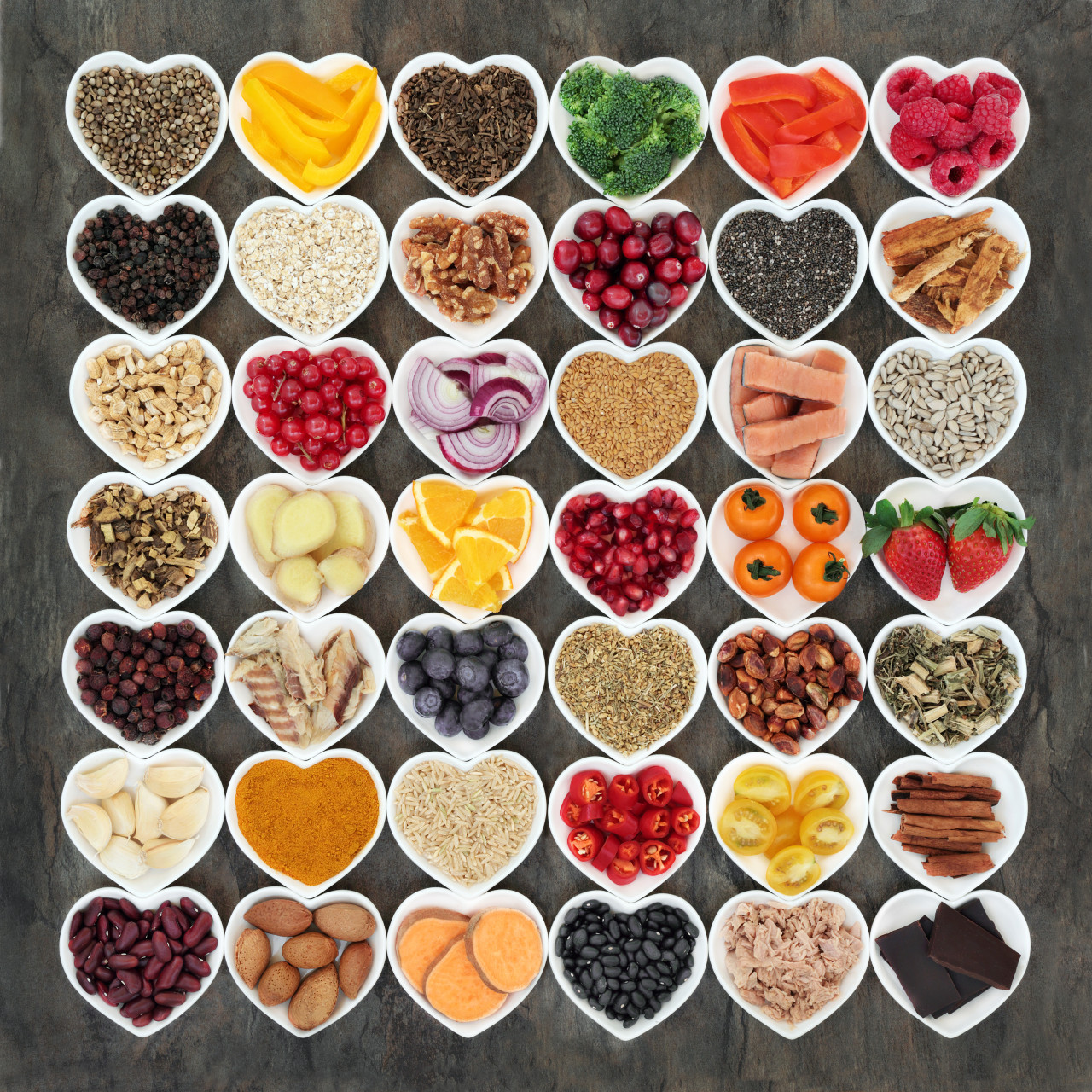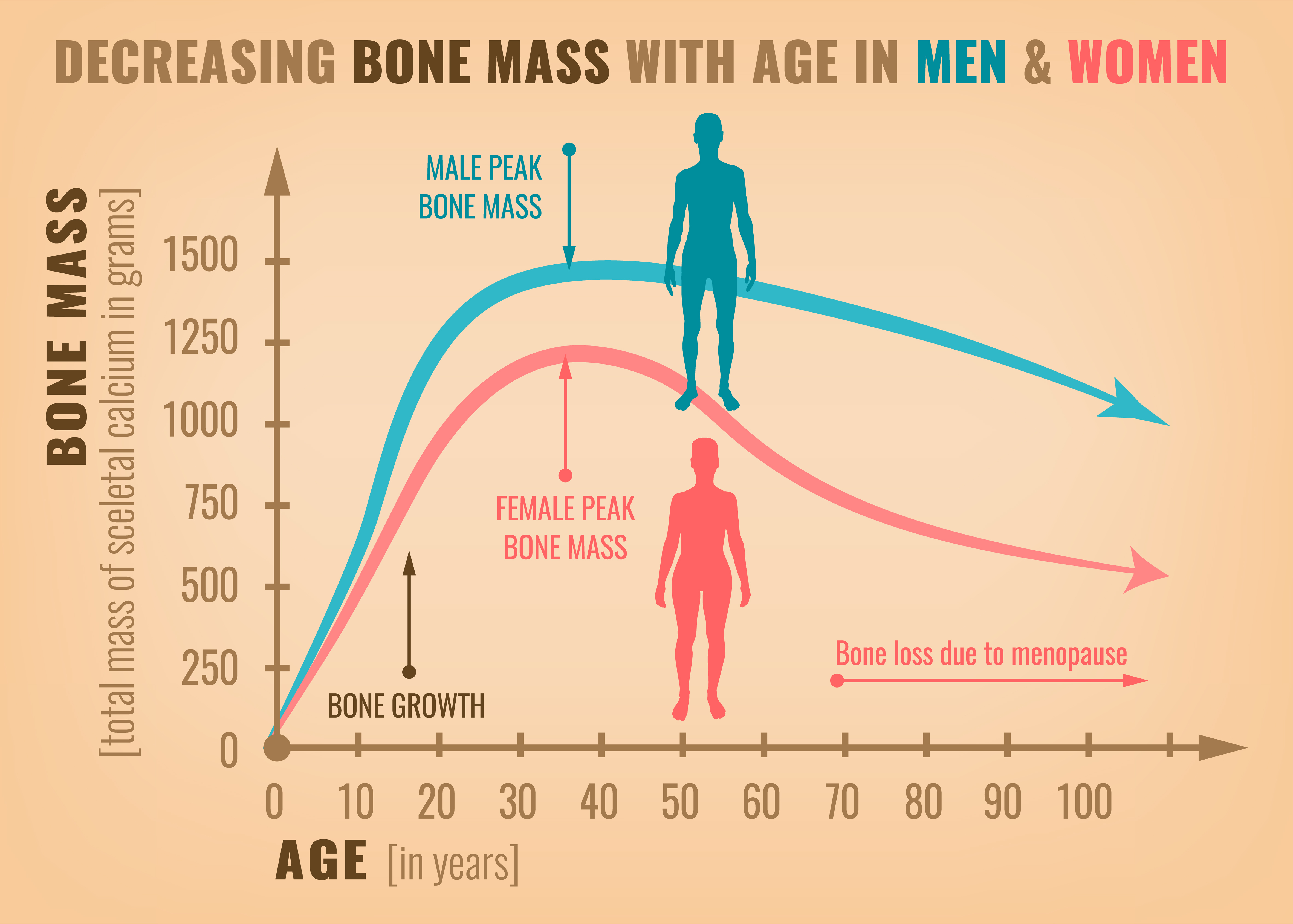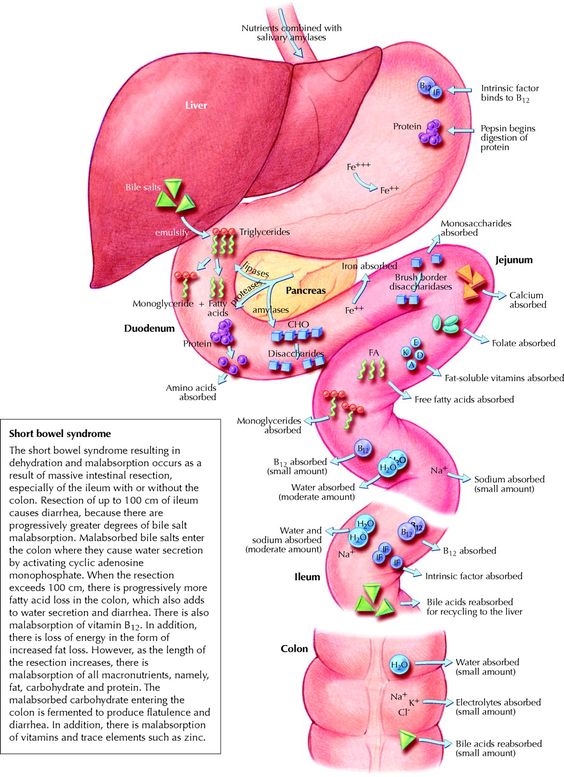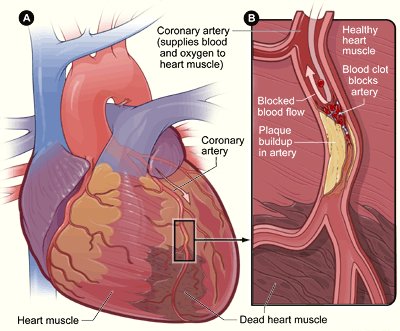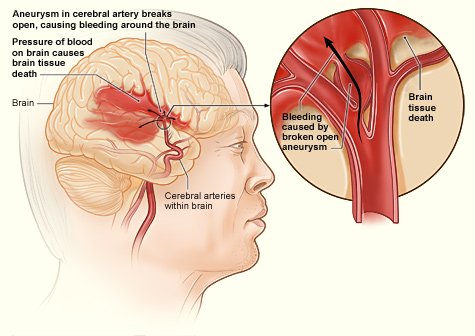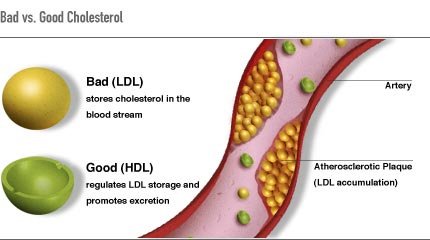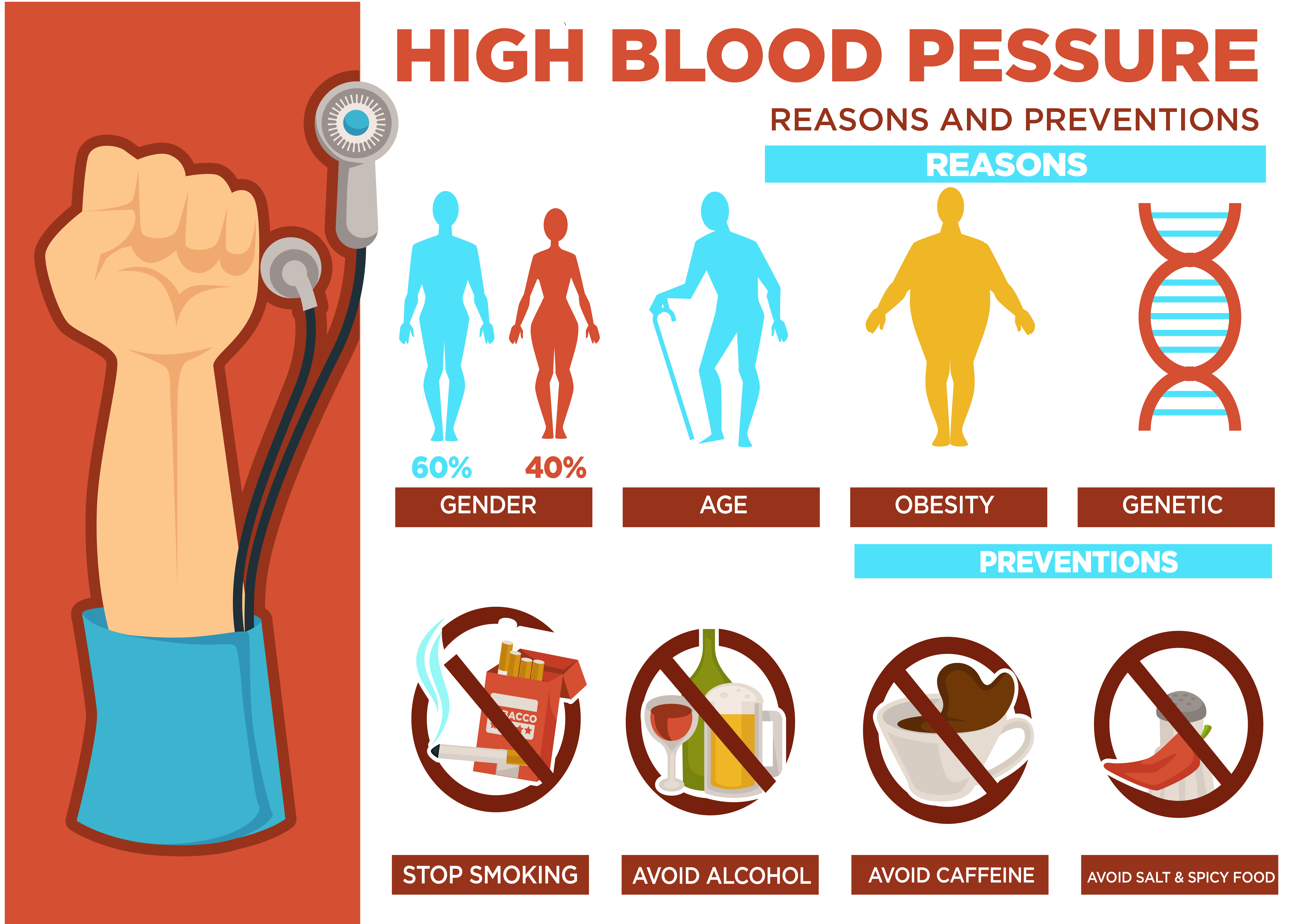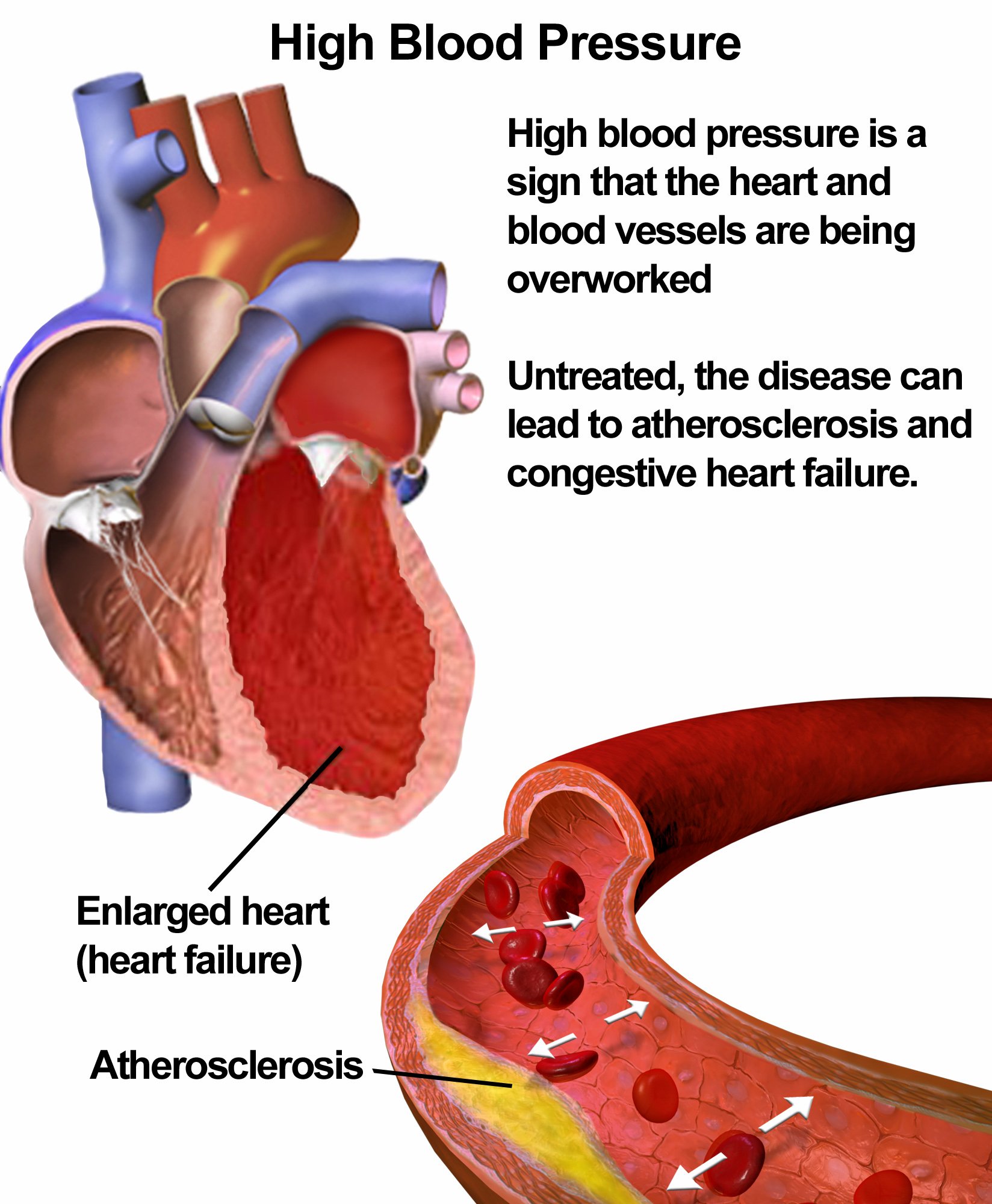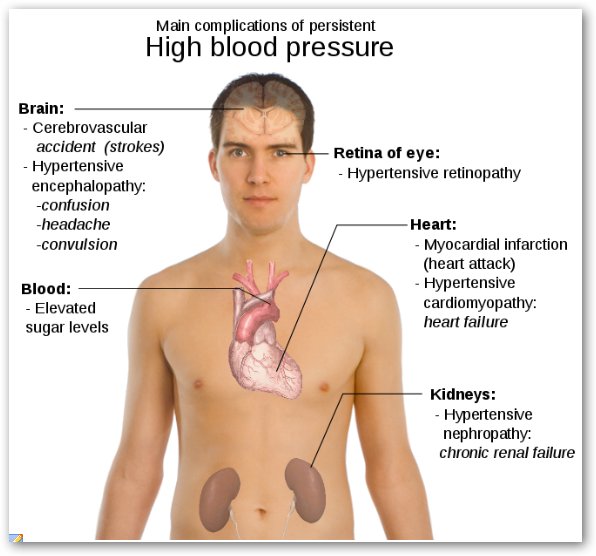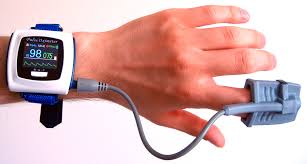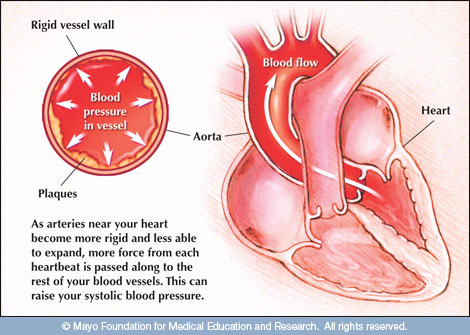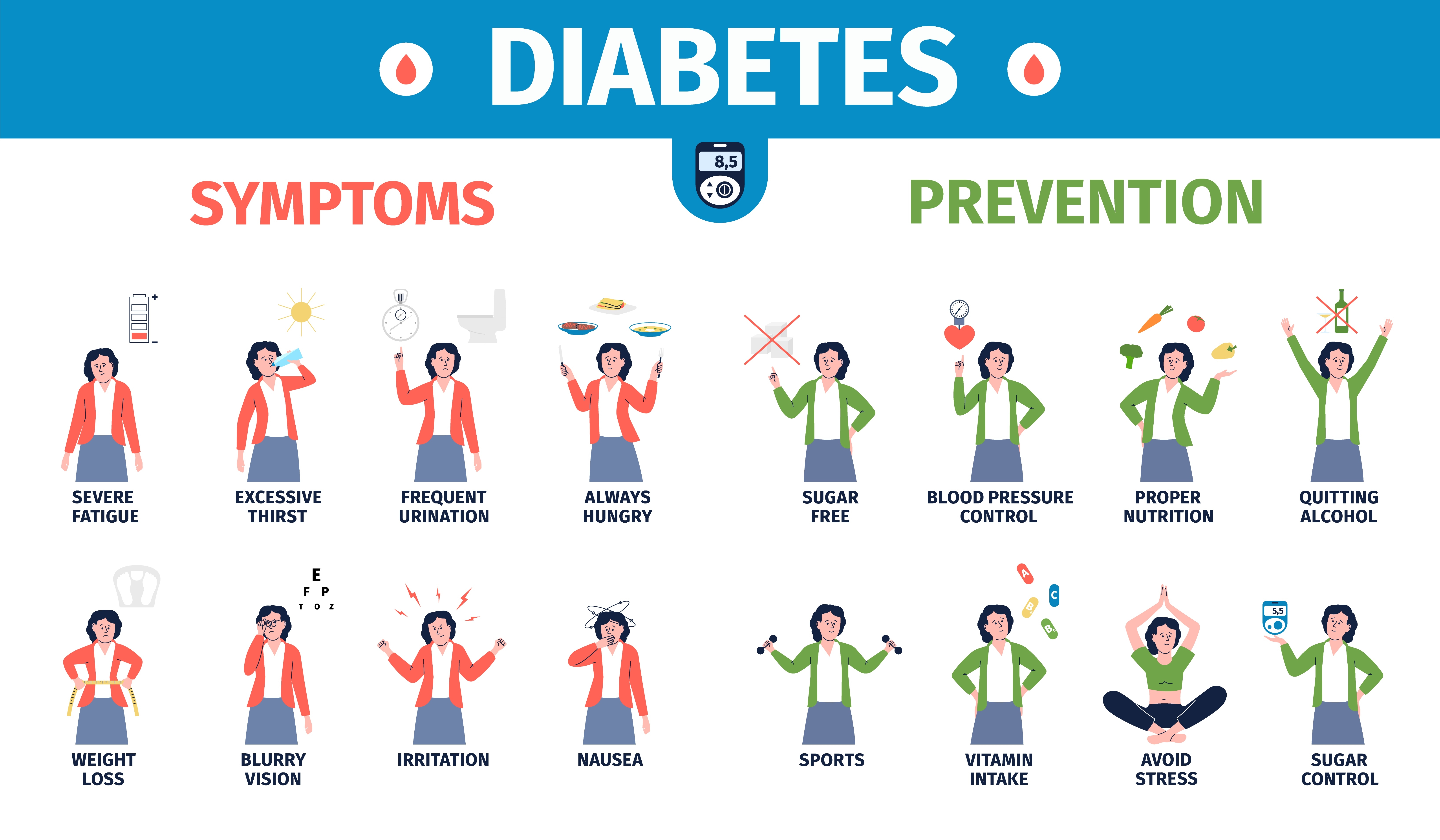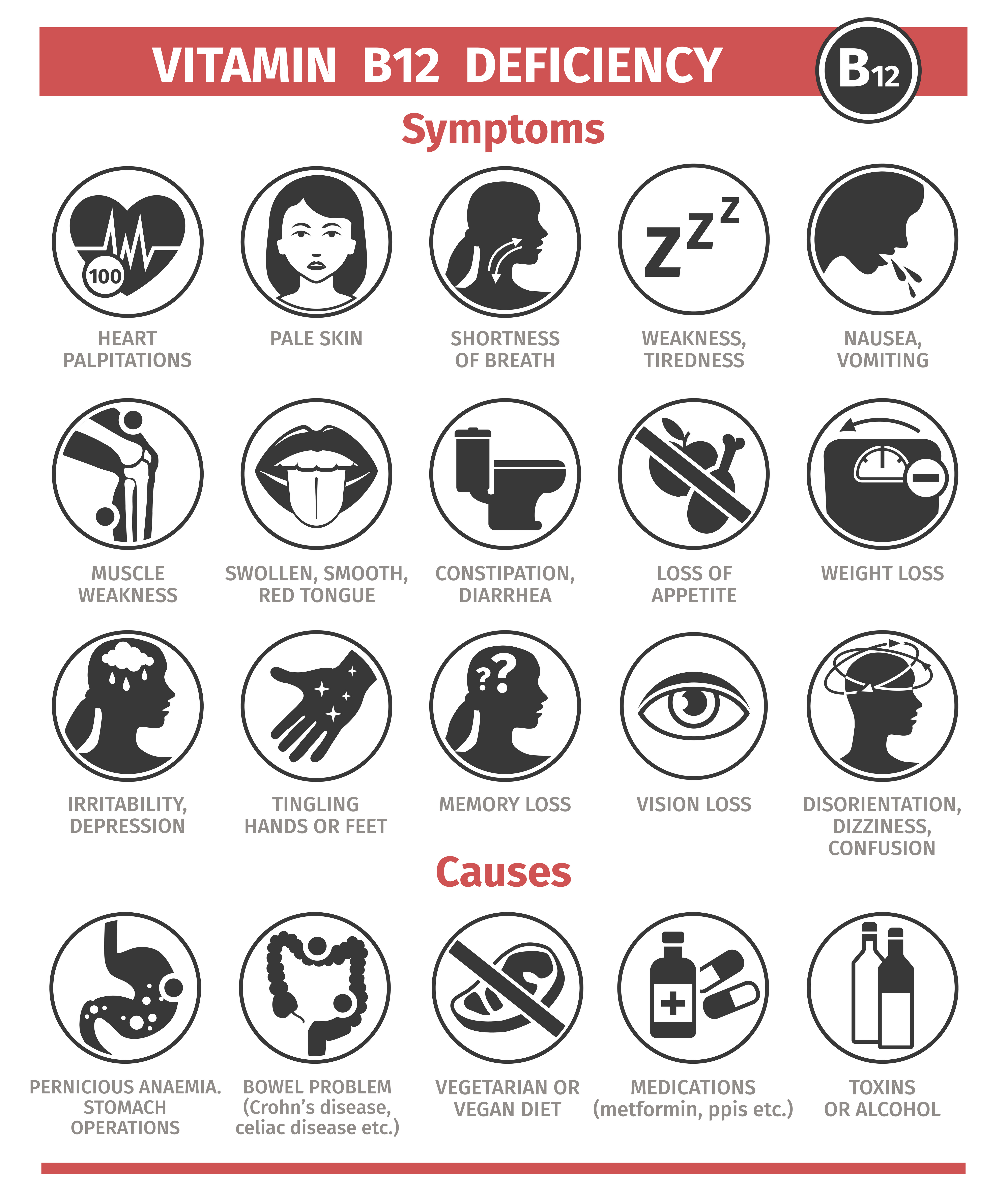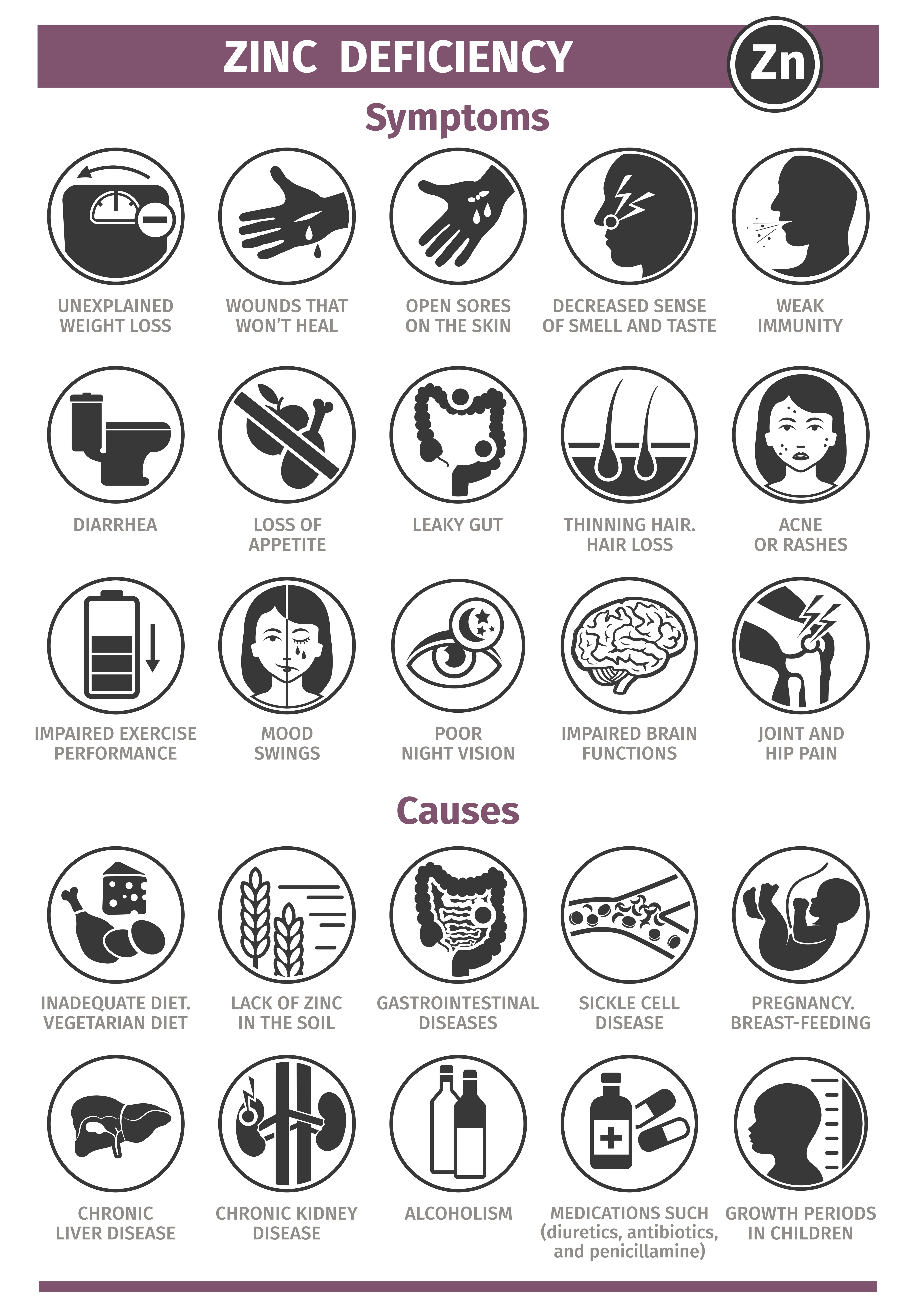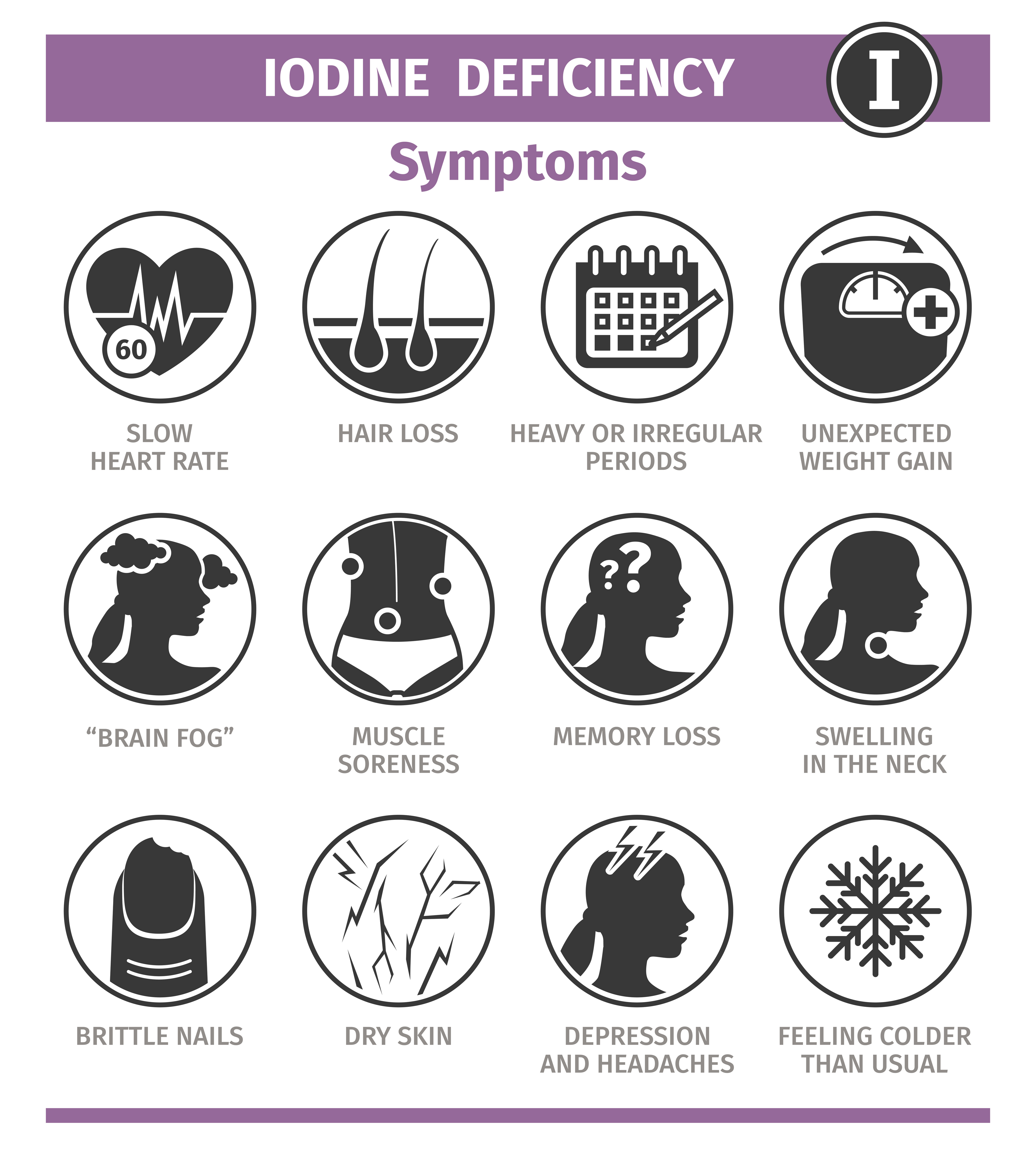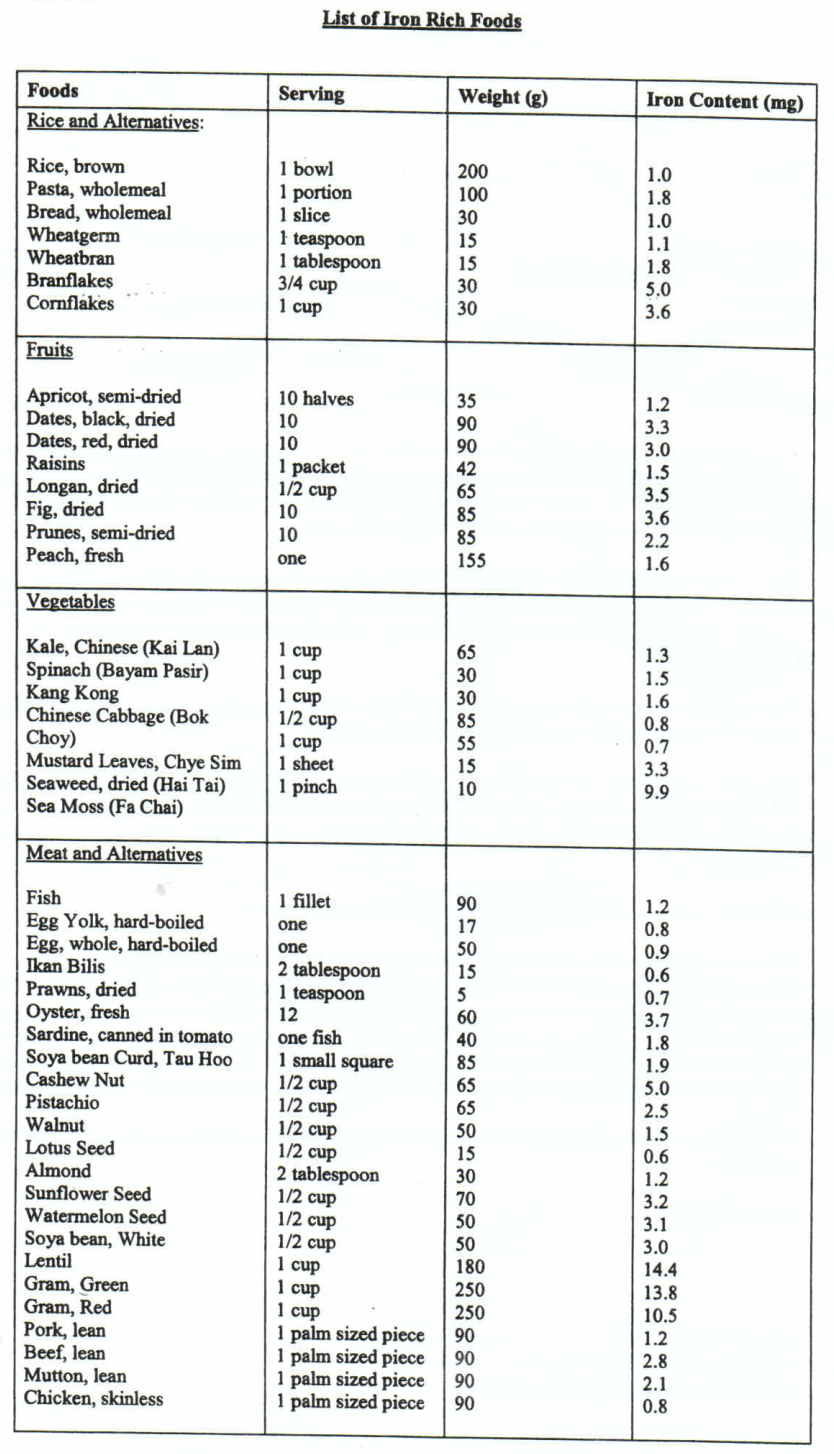The DASH Diet
Start the DASH Diet to lower blood pressure naturally. This diet for hypertension lists the foods that lower blood pressure.
We should also be teaching our children what a nutritious healthy diet is. This Ted.com video by Jamie Oliver explains the importance that our diet plays in our long term health and fight against Obesity.
Hypertension is a common health problem around the world. The main health risks lie in the complications of hypertension, that is stroke, heart attack and kidney failure etc. With timely treatment of hypertension, the complications can be prevented or reduced. Click here for other Self-help High Blood Pressure treatments you can adopt in lowering high blood pressure naturally.
Treating high blood pressure includes lifestyle changes such as regular exercise, smoking cessation and a healthy diet for high blood pressure. Blood pressure medications will be needed if the treatment goal is not reached despite all these measures.
Healthy Aging 健康老龄化
Dean Ornish: Healing through diet
Dean Ornish talks about simple, low-tech and low-cost ways to take advantage of the body's natural desire to heal itself.
Diet and Health
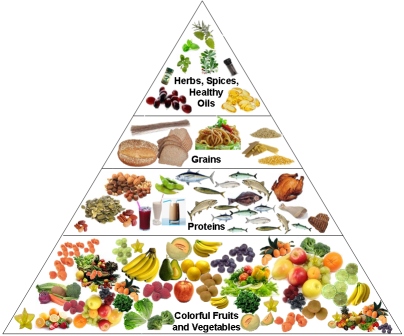
Nutrition Pyramid
Scientific research by the National Heart Lung and Blood Institute in USA showed that a diet rich in certain nutrients could prevent or reduce hypertension. This diet to lower blood pressure is called the DASH Diet plan (Dietary Approaches to Stop Hypertension).
A person should take a diet rich in potassium, magnesium and calcium, and high in fruits, vegetables and low fat dairy foods, as well as rich in fiber. The diet should also be high in poultry, fish and nuts while being low in fat and red meat content, sweets and sugar-containing drinks.
This diet for high blood pressure reduced systolic blood pressure by 6mmHg and diastolic blood pressure by 3mmHg in patients with normal blood pressure. Those with hypertension dropped by 11mmHg and 6mmHg respectively.
In addition to its effect on blood pressure, it is considered a well-balanced approach to eating for the general public. If combined with salt (sodium) restriction, the blood pressure lowering effect is further enhanced.
The World Health Organization (WHO) recommends a salt intake of less than 5g/day (about one teaspoonful). Generally, the salt intake by the average person is much higher and on the rise. Following an increase in dietary salt intake, the kidney normally synthesizes dopamine to increase salt excretion and blood vessel relaxation. However, this dopamine response is not seen in Chinese, thus Chinese are prone to dietary salt-induced hypertension.
Although this hypertension diet can prevent or reduce high blood pressure and thus protect the kidneys, for those patients with significant kidney failure, they might not be able to excrete the potassium. The DASH Diet would need to be modified and such patients should consult their own doctors.
People should take a proactive approach to disease prevention and take care of their own health. Apart from regular exercise, one should adopt a healthy eating habit. A nutritious diet is not expensive and it can be delicious.
Early detection and treatment of hypertension, diabetes mellitus and renal diseases are very important for long term health.
Vitamins & Nutrients for a Well-functioning Immune System to Protect against COVID-19 & other Viral Infections
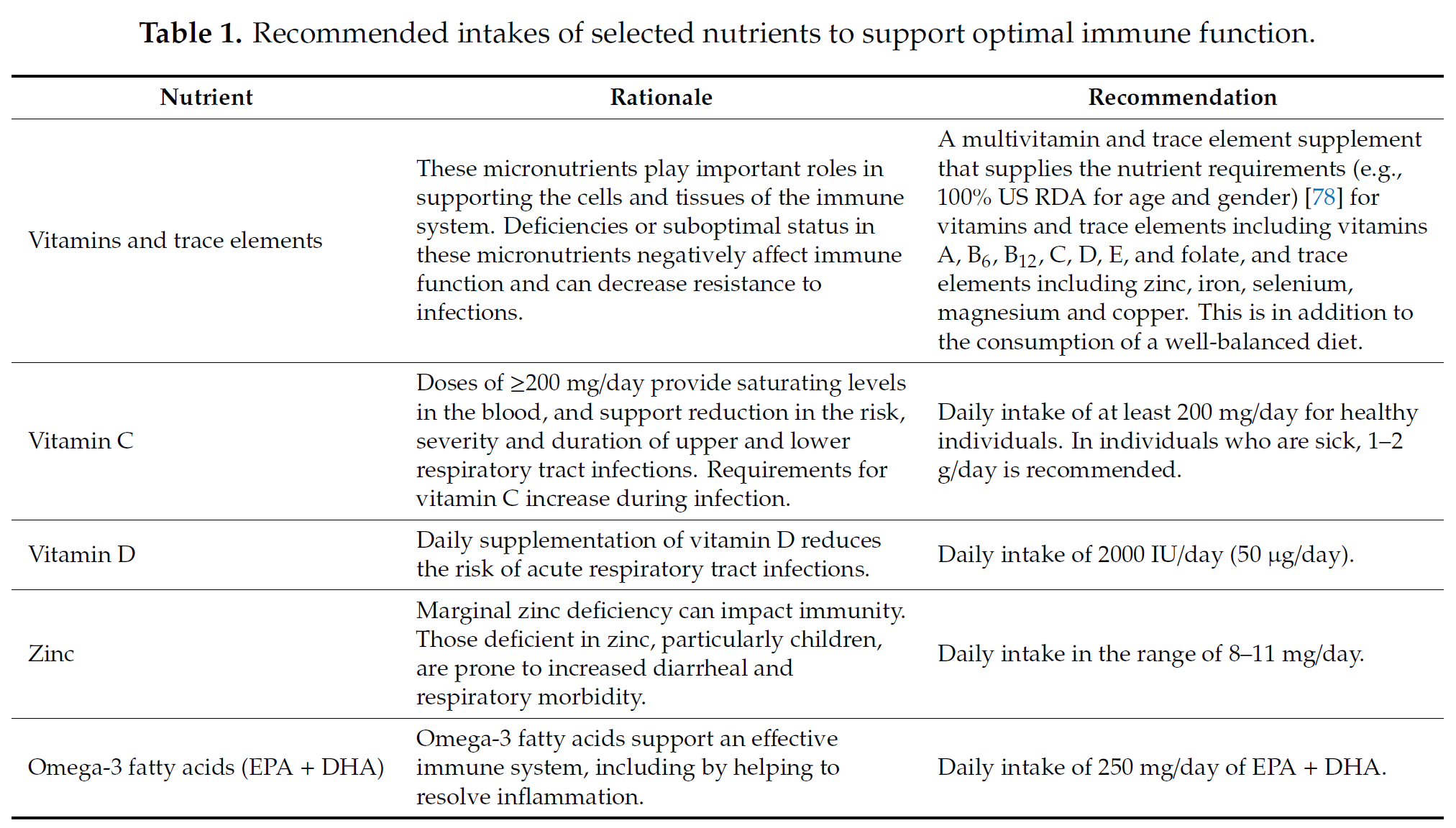
(Ref: Nutrients. 2020 Apr 23;12(4). pii: E1181. doi: 10.3390/nu12041181 Optimal Nutritional Status for a Well-Functioning Immune System Is an Important Factor to Protect against Viral Infections Calder PC1, Carr AC2, Gombart AF3, Eggersdorfer M4.
Health Assessment & Screening Packages
Gastrointestinal Tract Absorption of Nutrients
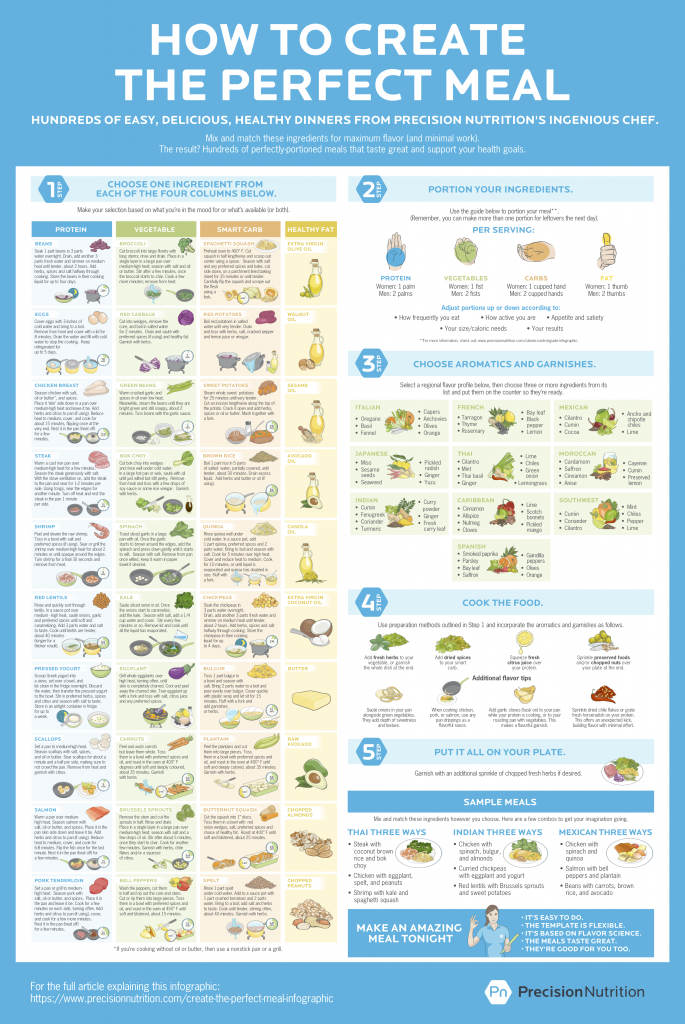
Heart Health - Coronary Heart Disease, Learn what is Angina and Stroke, as well as How to Lower Cholesterol
How a Gluten-free Diet can Improve your Chronic Illnesses

Can a Wheat-free Diet help you to lose weight and reduce Obesity, Heart disease, Auto-immune diseases & Cancer, even Alzheimer's disease & Schizophrenia or reverse Diabetes & pre-Diabetes? Recent research has also shown promising results that a Gluten-free diet showed a reduction in the symptoms of Rheumatoid Arthritis and Osteoarthritis, Irritable Bowel Syndrome, Heartburn/GERD, ADHD, Asthma & allergies, even acne.
Watch the following videos by several doctors (Dr William Davies, Dr Sarah Hallberg, Dr Alessio Fasano, Dr David Perlmutter & Dr Rodney Ford) and decide for yourself whether you should adopt a Gluten-free diet if you are suffering from the above-listed medical conditions. Even unexplained diarrhea, headaches/migraines or chronic fatigue has been alleviated by going Gluten-free.
The case these doctors put forward based on research and empirical evidence from thousands of patients is that Wheat and Gluten contributes to this shocking host of diseases and chronic medical problems, and increasing the incidence of celiac disease and Autism.
What does Wheat & Gluten do to your body?
Foods containing wheat have an extremely high glycemic index (70+ out of a possible 100), that is the body suffers a sudden spike in blood glucose after a meal of food containing wheat. Add to that the fact that the wheat we are eating is completely dissimilar genetically to the wheat of the 1950's, after all the genetic modifications and mutations the plant has undergone.
The doctors also point out that Gluten causes prolonged periods of inflammation in the body, leading to many of the diseases most prevalent today. Ironically, foods containing wheat are actually appetite-enhancing and can cause sugar cravings.
William Davis MD - Wheat: The UNhealthy Whole Grain
The wheat of today is not the wheat of our mothers or grandmothers.
Modern wheat is the product of genetic manipulations that have
transformed its properties. Modern wheat is now a 2-foot tall,
high-yield semi-dwarf strain, different in both appearance and multiple
biochemical features from traditional wheat. Introduction of this new
strain of wheat was associated with the appearance of a long list of
health problems, along with weight gain and diabetes.
According
to Dr. Davis, saying goodbye to all things wheat provides outsized and
unexpected health benefits, from weight loss, to relief from acid reflux
and bowel urgency, to reversal of diabetes, migraine headaches, and
learning disabilities in children.
Dr. William Davis is author of
the #1 New York Times bestselling book, Wheat Belly: Lose the wheat,
lose the weight and find your path back to health (Rodale, 2011), now
debuting internationally in over ten foreign languages. Wheat belly has
helped spark a nationwide reconsideration of the conventional advice to
"eat more healthy whole grains."
Formerly an interventional
cardiologist, he now confines his practice to prevention and reversal of
coronary disease in his practice in Milwaukee, Wisconsin. Dr. Davis is a
graduate of the St. Louis University School of Medicine, followed by
training in internal medicine and cardiology at the Ohio State
University Hospitals, and training in interventional cardiology at the
Case--Western Reserve Hospitals in Cleveland, Ohio. He is also founder
of the online heart disease prevention educational program, Track your
Plaque.
Reversing Type 2 diabetes starts with ignoring the guidelines - Dr Sarah Hallberg | TEDxPurdueU
Can a person be "cured" of Type 2 Diabetes? Dr. Sarah Hallberg provides
compelling evidence that it can, and the solution is simpler than you
might think.
Dr. Sarah Hallberg is the Medical Director of the
Medically Supervised Weight Loss Program at IU Health Arnett, a program
she created. She is board certified in both obesity medicine and
internal medicine and has a Master’s Degree in Exercise Physiology. She
has recently created what is only the second non-surgical weight loss
rotation in the country for medical students. Her program has
consistently exceeded national benchmarks for weight loss, and has been
highly successful in reversing diabetes and other metabolic diseases.
Dr. Hallberg is also the co-author of www.fitteru.us, a blog about
health and wellness.
Alessio Fasano MD - Spectrum of Gluten-Related Disorders: People Shall Not Live by Bread Alone
The cultivation of gluten-containing grains that were the backbone of
the agricultural revolution have also brought with them the
manifestation of conditions related to negative reactions to gluten.
These include celiac disease, wheat allergy and the "new kid on the
block" of the spectrum of gluten-related disorders—gluten sensitivity.
The autoimmune disorder of celiac disease is the most widely studied
condition on the spectrum. It affects approximately 1 in 133 people, a
rate that has doubled in the U.S. every 15 years over the past 35 years.
An estimate from the Center for Celiac Research puts gluten sensitivity
at 6% of the U.S. population. With current interest in the human genome
and microbiome, research is leading scientists to examine the
relationship between the intestinal microbiome and gluten-related
disorders. Currently the gluten-free diet is the only available
treatment for gluten-related disorders.
World-renowned pediatric
gastroenterologist, research scientist, and entreprenuer Alessio Fasano,
M.D., founded the Center for Celiac Research in 1996. The Center offers
state-of-the art research, clinical expertise and teaching for the
diagnosis, treatment, and prevention of gluten-related disorders,
including celiac disease, wheat allergy, and gluten sensitivity. Trained
in Naples, Italy, as a pediatric gastroenterologist, Dr. Fasano was
recruited to the University of Maryland School of Medicine in 1993 and
founded its Division of Pediatric Gastroenterology and Nutrition.
Puzzled by the absence of children exhibiting symptoms of celiac disease
in the clinic, he resolved to uncover the mystery of missing American
"celiacs." His perseverance in the face of skepticism about celiac
disease in the U.S. eventually led to his publication of the
groundbreaking study in 2003 that established the rate of the autoimmune
disorder at one in 133 Americans.
In early 2013, Dr. Fasano was
appointed Division Chief of Pediatric Gastroenterology and Nutrition at
MassGeneral Hospital for Children. He brought the Center for Celiac
Research to Boston, where he heads the Mucosal Immunology and Biology
Research Center, based in Charlestown, and is Associate Chief for Basic,
Clinical and Translational Research for the Department of Pediatrics at
MassGeneral Hospital for Children. He is a Visiting Professor of
Pediatrics at Harvard Medical School.
Supplements for Intestinal Permeability (Leaky Gut) :
Prebiotics & Probiotics
- Arabinogalactan (Immune support)
- Saccharomyces boulardii
- Lactobacillus Sporogenes
- Lactobacillus acidophilus DDS - 1
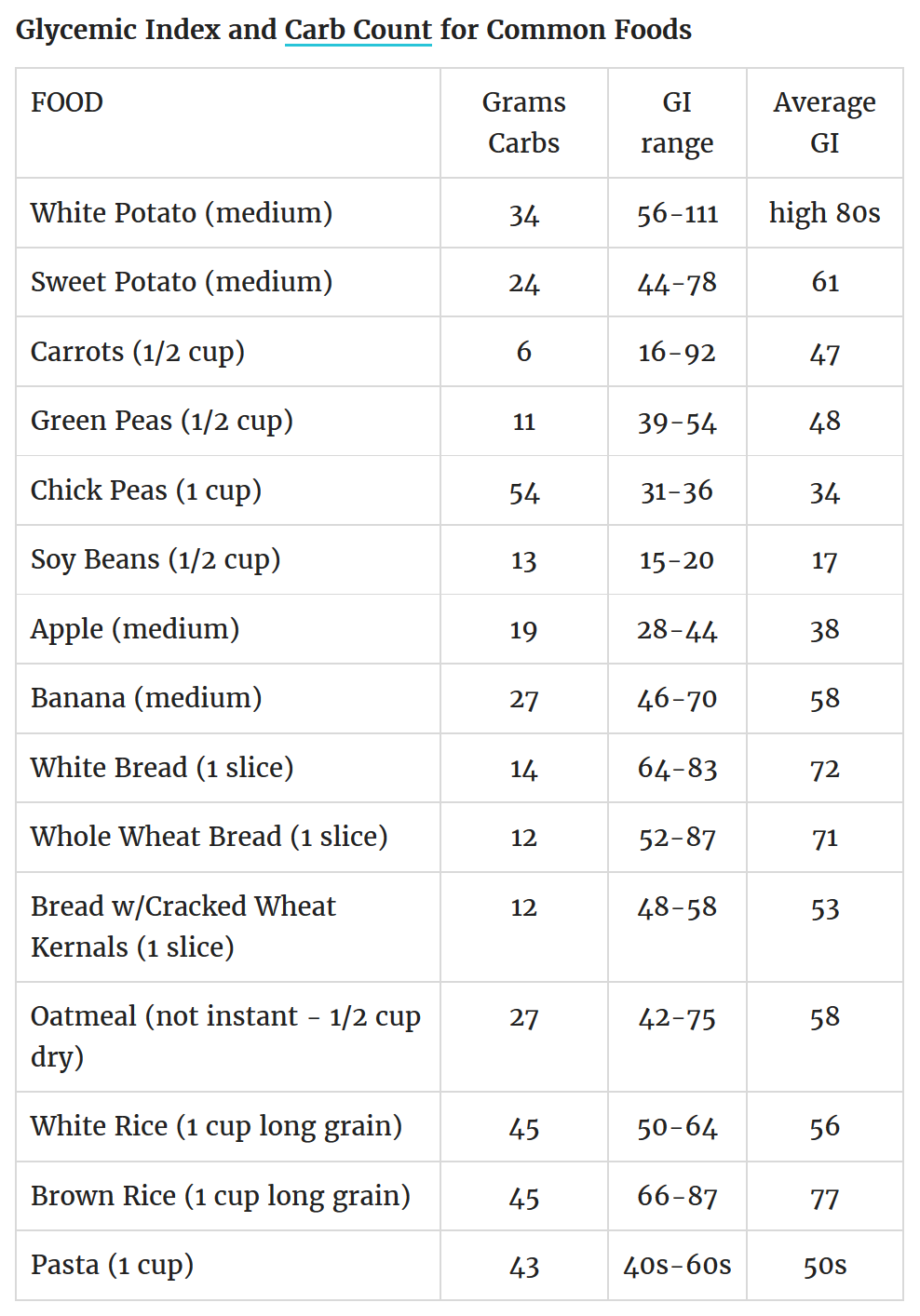
Dr. Mercola Interviews Dr. David Perlmutter, Author of Grain Brain
Natural health expert and Mercola.com founder Dr. Joseph Mercola interviews Dr. David Perlmutter about the implications of diet to Alzheimer's risk.

Here is a list of the Best Antioxidants and Free Radical Scavengers that you should be taking as dietary supplements daily as recommended by Dr David Perlmutter, author of 'Grain Brain':
- Tumeric
- DHA Omega 3
- B complex vitamins (including Vitamin B12)
- Vitamin C & D
- Bacopa
- Brocolli
- Alpha-Lipoic acid 300 (ALA)
- Ashwagandha
- Resveratrol
- Milk Thistle
- Green Tea
- Probiotics
- Coenzyme Q10 (coq10)
These nutritional supplements reduce oxidative stress on your brain and body, thus protecting your health.
Hypertension Symptoms & Treatment, Blood Pressure monitoring, BP Chart
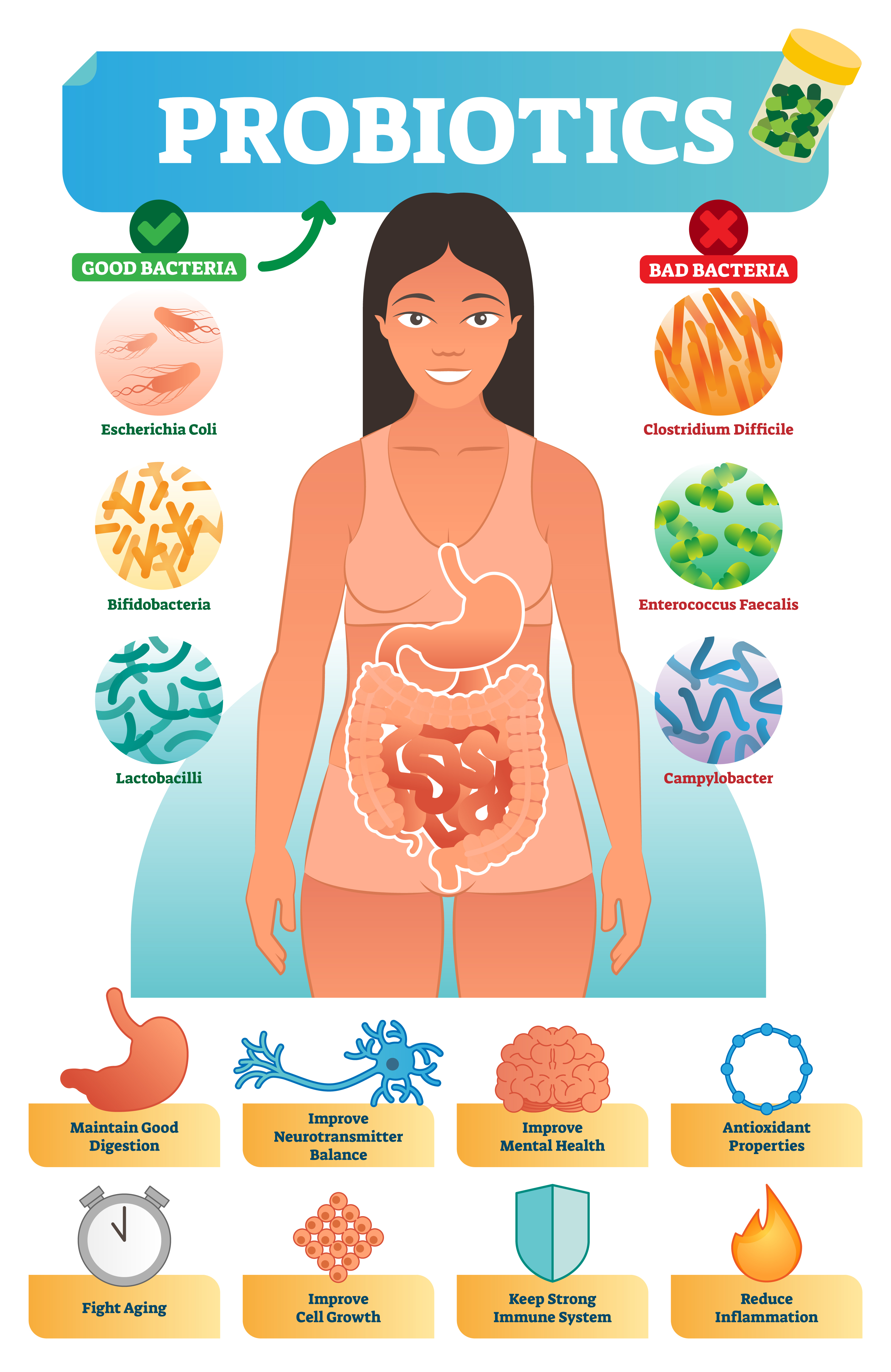
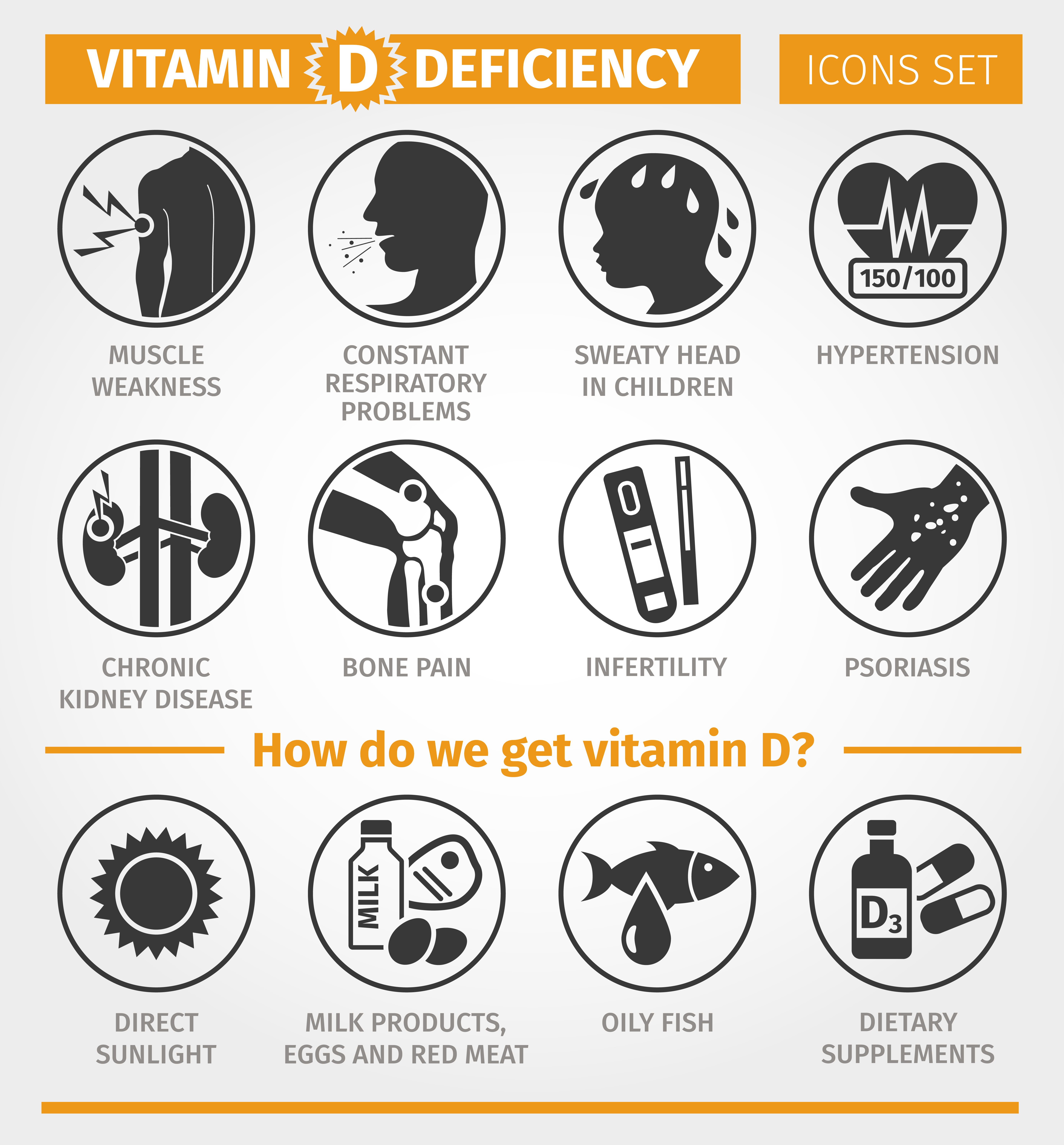
The information provided in this website is for knowledge purposes only. It does not constitute medical advice.
Should you encounter any medical problem that you are unsure of, always consult your doctor or health care provider for assistance and medical advice.
